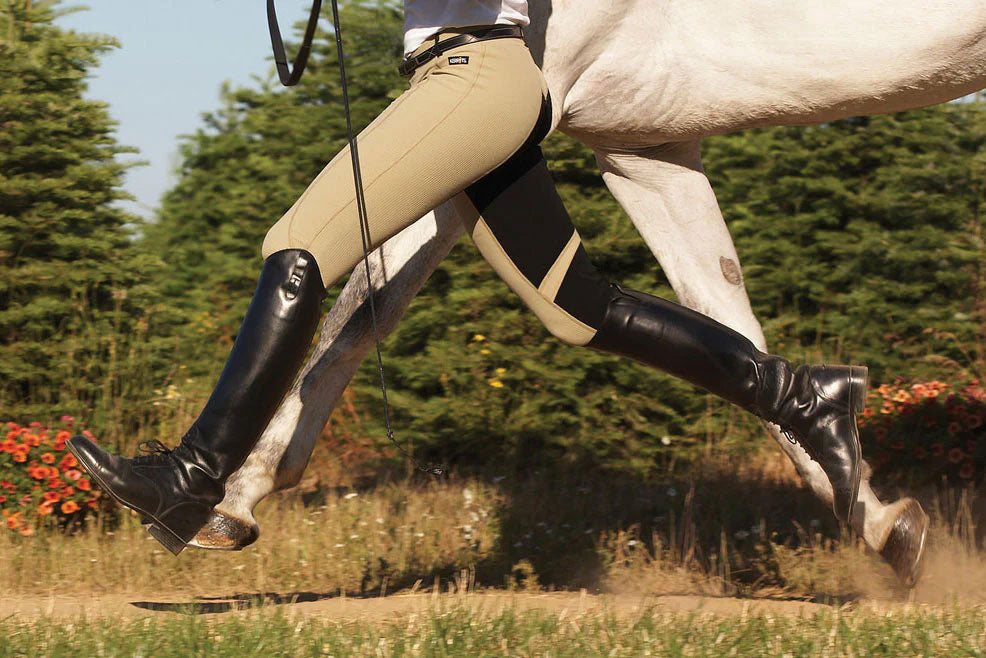
EQL Casual Equestrian Clothing
EQ Houndstooth Full Zip Sweater
$119.00
Quarter Zip Herringbone Sweater
$109.00
Weekender Wrap Neck Top
$89.00
Mosaic Horse Long Sleeve Tee
$49.00
Bits N Crops Bomber Riding Jacket
$79.00
$109.00
Bit of Breeze Sweater Knit Polo
$44.00
$64.00
Hollyhocks & Horseshoes Blouse
$49.00
$89.00
Charmed Button Up Shirt
$49.00
$89.00
Charmed Cap Sleeve Shirt
$39.00
$74.00
Horse Dance Tee
$29.00
$42.00
Bit and Rein Embroidered Blouse
$19.00
$89.00
Olivia EcoVero™ Top
$19.00
$79.00
Lexi Cowl Neck Dolman
$19.00
$64.00
Wrap Front Fleece Jacket
$99.00
$139.00
Soft Touch Button Up Printed Shirt
$19.00
$74.00
Tencel™ Rolled Cuff Shirt
$19.00
$59.00
In Motion Jean Jacket
$29.00
$109.00
Scroll To Top
Equestrian-Inspired Clothing for Women

Pioneers of Performance Riding Tights
Since 1991, Kerrits has been at the forefront of innovation in riding apparel. We revolutionized the equestrian industry three decades ago with the introduction of Performance Riding Tights, combining comfort and athletic functionality for riders both in and out of the saddle.






















